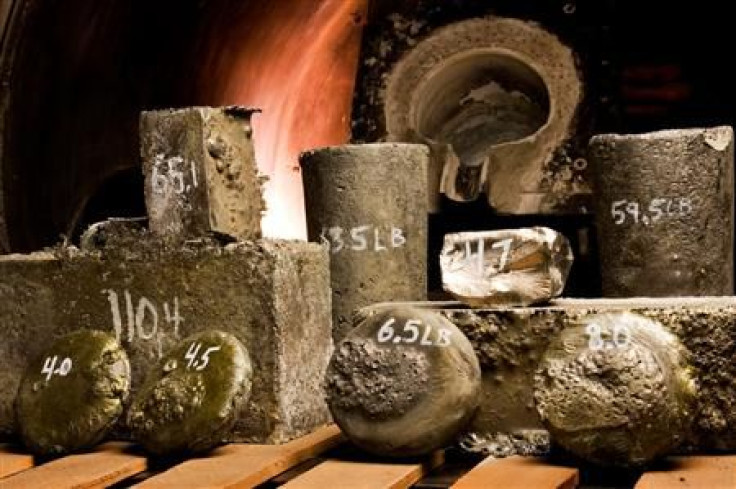Chinese rare earths shipments to Japan resume, but uncertainties remain

Japanese Trade Minister Akihiro Ohata confirmed on Wednesday Chinese shipments of rare earths to his country resumed two months after Beijing halted exports following the breakout of a boundary row.
The minister said two ships carrying rare earth minerals from China had departed and that he hoped more shipments of the precious minerals will follow after Chinese authorities complete work on documents.
China triggered an international uproar in September when it was reported that the country had clamped down on rare earths exports to Japan possibly using trade as a diplomatic bargaining chip. It was reported on September 21 that Chinese customs officials had abruptly stopped the processing of documents for Japan-bound rare earth shipments.
The Chinese decision followed the breakout of a fresh row between the two countries over disputed islands in the South China Sea. China twisted the balance of an ongoing fist fight over the Senkaku islands which both countries claim as their own, by mixing business with politics in a crude fashion.
Japan termed this an ‘economic warfare’ by its old adversary, but quickly ceded ground by releasing the detained captain of a Chinese boat which slammed into Japanese patrol vessels, triggering the diplomatic standoff.
Though Japanese companies were reassured that they had enough supplies of the mineral elements to last through March, the Chinese move rattled major importers. China reportedly cut off rare earths exports to the U.S. and Europe a month later when the U.S. government started an inquiry into Beijing’s possible violation of international free trade rules with its green energy policies.
However, China has maintained that it was not cracking down on exports to other countries and that it had no intention to use trade policy as a bargaining chip. A Chinese mining administration official said the control on production was more of a function of internal licensing regulation and enforcement of environmental protection measures.
But data showed on Tuesday that Chinese rare earth exports declined by 77 percent in October. The General Administration of Customs revealed 830 metric tons of rare earths were exported last month compared to 3,660 tons in September. China produces as much as 97 percent of rare earth elements globally.
China's doubtful rare earths policy has put major importers like Japan, the U.S., South Korea and the EU on alert. Japan and South Korea immediately started looking for alternative sources of the precious elements which is heavily used by their high-tech industries. While South Korea planned to team up with Japan and the United States to jointly develop alternative rare earths resources, Japan sought to beef up procurement from countries like Vietnam and India.
Australia closed ranks with Japan on Tuesday on the rare earth crisis, saying Canberra is willing to be a long-term supplier of rare earths metals to it.
It was reported last month that the EU and the World Trade Organization (WTO) were jointly seeking a solution to the uncertainty over Chinese shipments of rare earths. Japan and the U.S. too reportedly discussed taking the issue to the WTO, it was reported.
© Copyright IBTimes 2024. All rights reserved.











